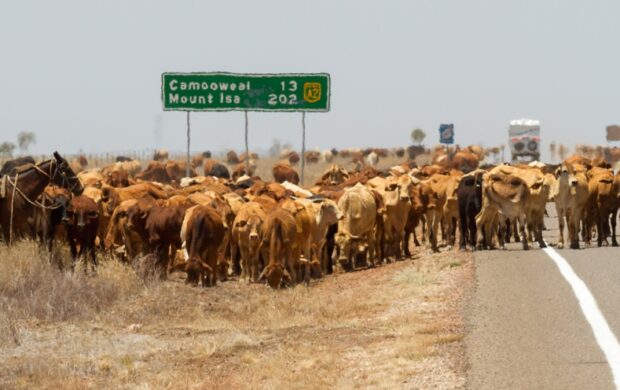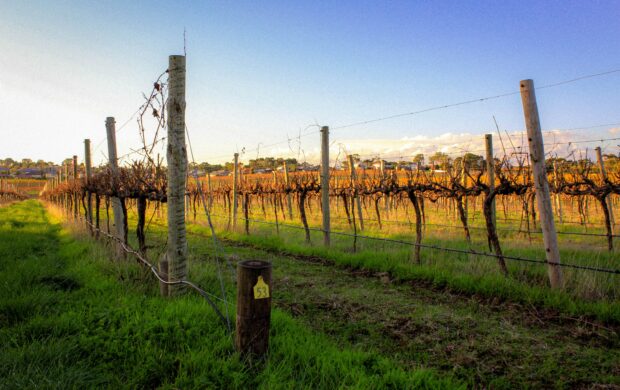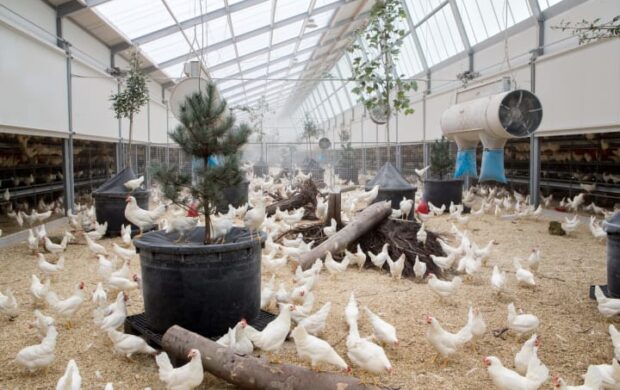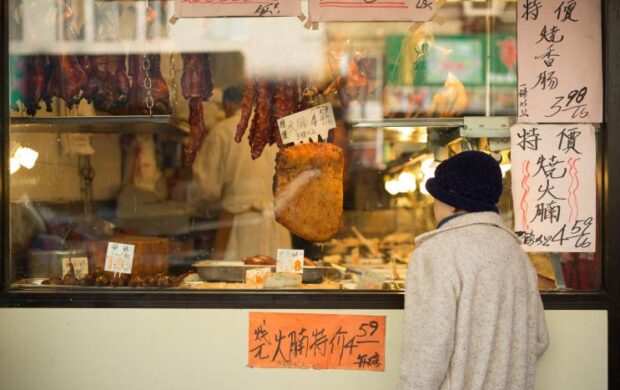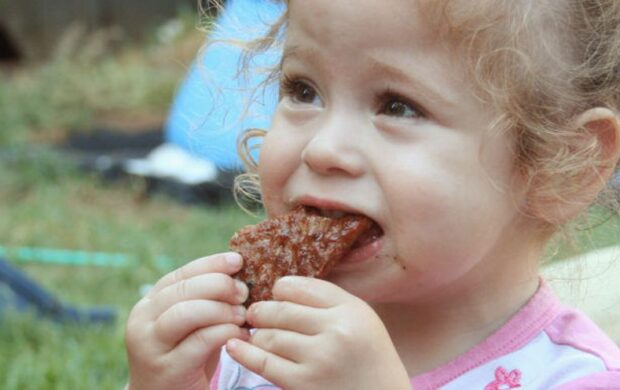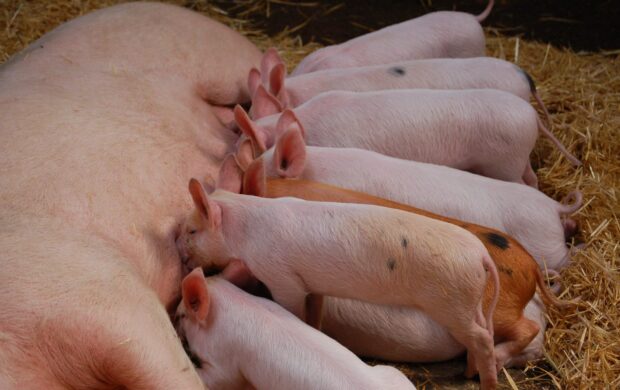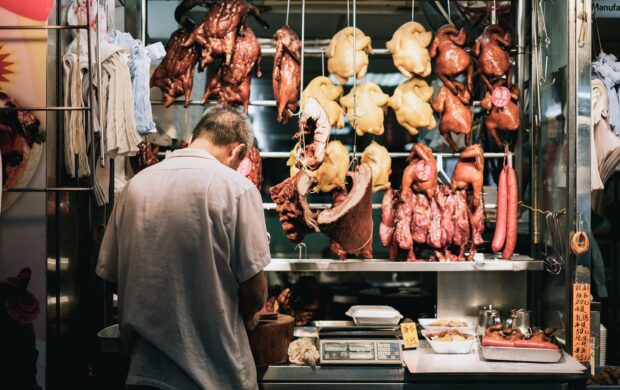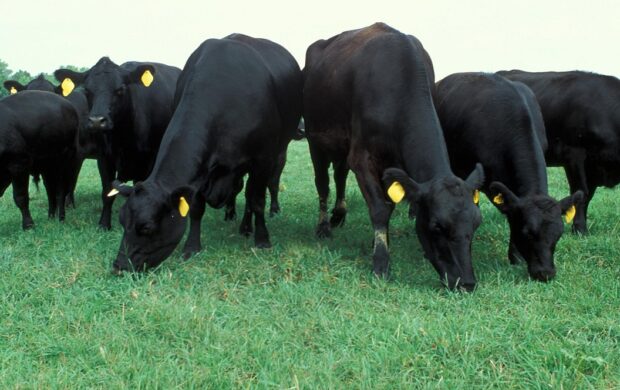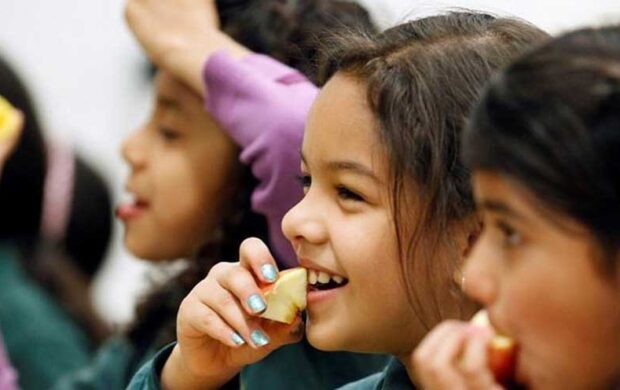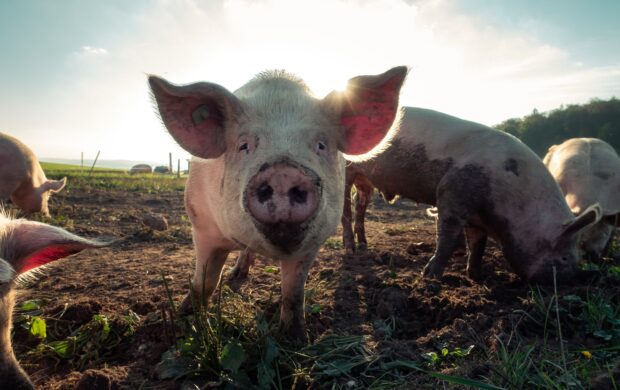The world’s biggest animal cloning factory is under construction in China, with plans to mass-produce pet and police dogs, racing horses and a million beef cattle annually by 2020.
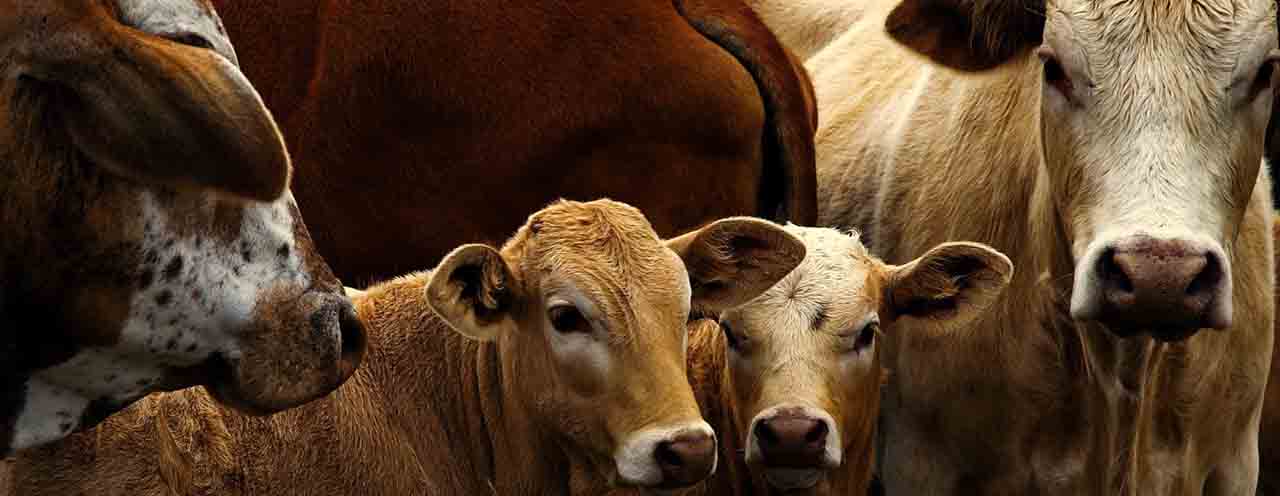
The plant will be located in the northern port of Tianjin, in the government-sponsored business development park – Tianjin Economic and Technological Development Area (TEDA), and is due to be completed by June next year.
The 200 million yuan (£20.5 million) facility — backed by biotechnology company BoyaLife, the Tianjin International Joint Academy of Biomedicine, Peking University’s Institute of Molecular Medicine, and South Korea’s Sooam Biotech — will set up a cloning lab, a gene bank and a science education centre.
Sinica, Peking University’s Institute of Molecular Medicine signed the agreement with the TEDA on 20 November 2015.
These animals will be used for commercial services and improving breeds. The factory will particularly focus on cow breeding, with plans to produce 100,000 cattle embryos a year before expanding annual output to one million.
The first animal to come down the line will be Japanese cows, in an attempt to lower the price of high-quality beef in the Chinese market.
According to Xu Xiaochun, head of Boyalife Group,Chinese farmers are struggling to breed enough beef cattle to meet the demands of its increasingly carnivorous and ever-growing middle class. Rabobank estimates that by 2025 country will consume 2.2 million more tons of beef than it does now.
Many companies have shown interest in investing in the technology for commercial use, especially animal husbandry prior to this, but cloning in China had been limited to scientific research.
Xiaochun says, ”the technology is already there. If this is allowed, I don’t think there are other companies better than Boyalife that make better technology.
In recent years, cloning of farm animals for food production has become an increasingly controversial topic of debate, but Xu is hopeful that people will change their views and let the research go ahead. He says, “we want the public to see that cloning is really not that crazy, that scientists aren’t weird, dressed in lab coats, hiding behind a sealed door doing weird experiments.”
